Professor Diane Martin
Professor in Marketing
J.E. Cairnes School of Business and Economics, University of Galway


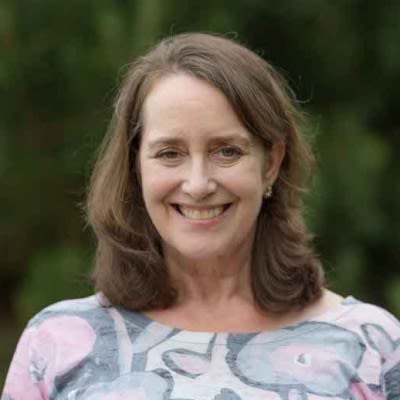
Diane is an internationally known expert in sustainable marketing and researches relationships between consumers, communities and culture using ethnographic research methods. Her previous work as a small-business owner has prompted her to study entrepreneurship and market creation. Most recently, Diane’s lifelong passion for the natural environment and the Earth’s wild places has led her to re-examine marketing in the context of the urgent need for sustainable practices in both business and consumer behaviour.
In her textbook Sustainable Marketing, Diane brings her keen sense for the power of marketing to the problem of how to remain competitive while restoring the Earth’s natural capital and creating greater wellbeing for a global population.
Diane's work contributes to these SDGs
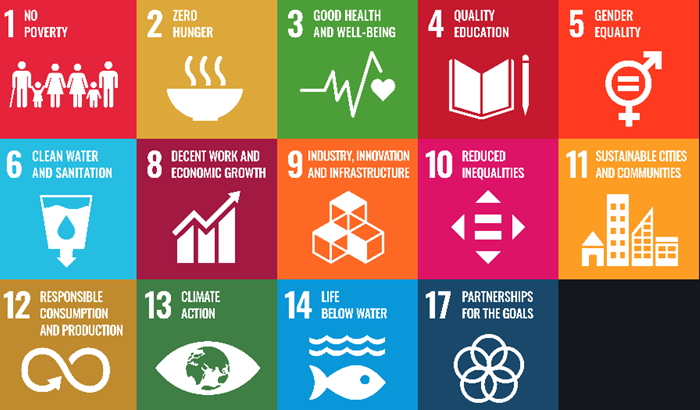
Diane has published extensively on topics including sustainable consumption, digital inclusion, marine pollution and business ethics
Key Target: 12.4 Responsible management of chemicals and waste
Diane’s research has included five years of co-design research with older adults looking at ways to promote digital inclusion and safety online.
BONUS CHANGE project, Helsinki The aim of the CHANGE project was to reduce to a minimum the supply of toxic compounds from antifouling paints used on leisure boats in the Baltic Sea. Attaining this goal is incumbent on changing the practices of leisure boaters toward more sustainable consumption of antifouling products and techniques.
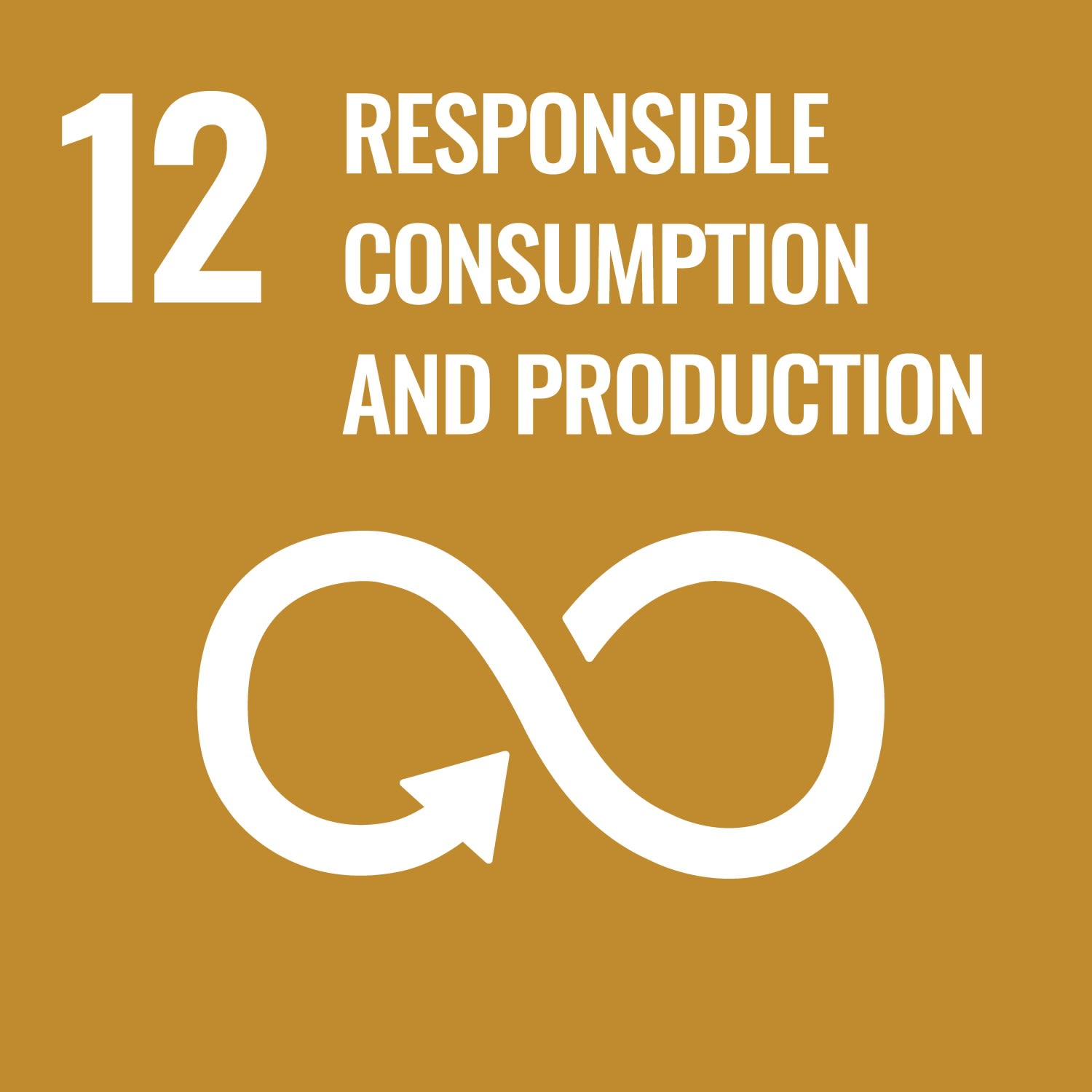
Teaching
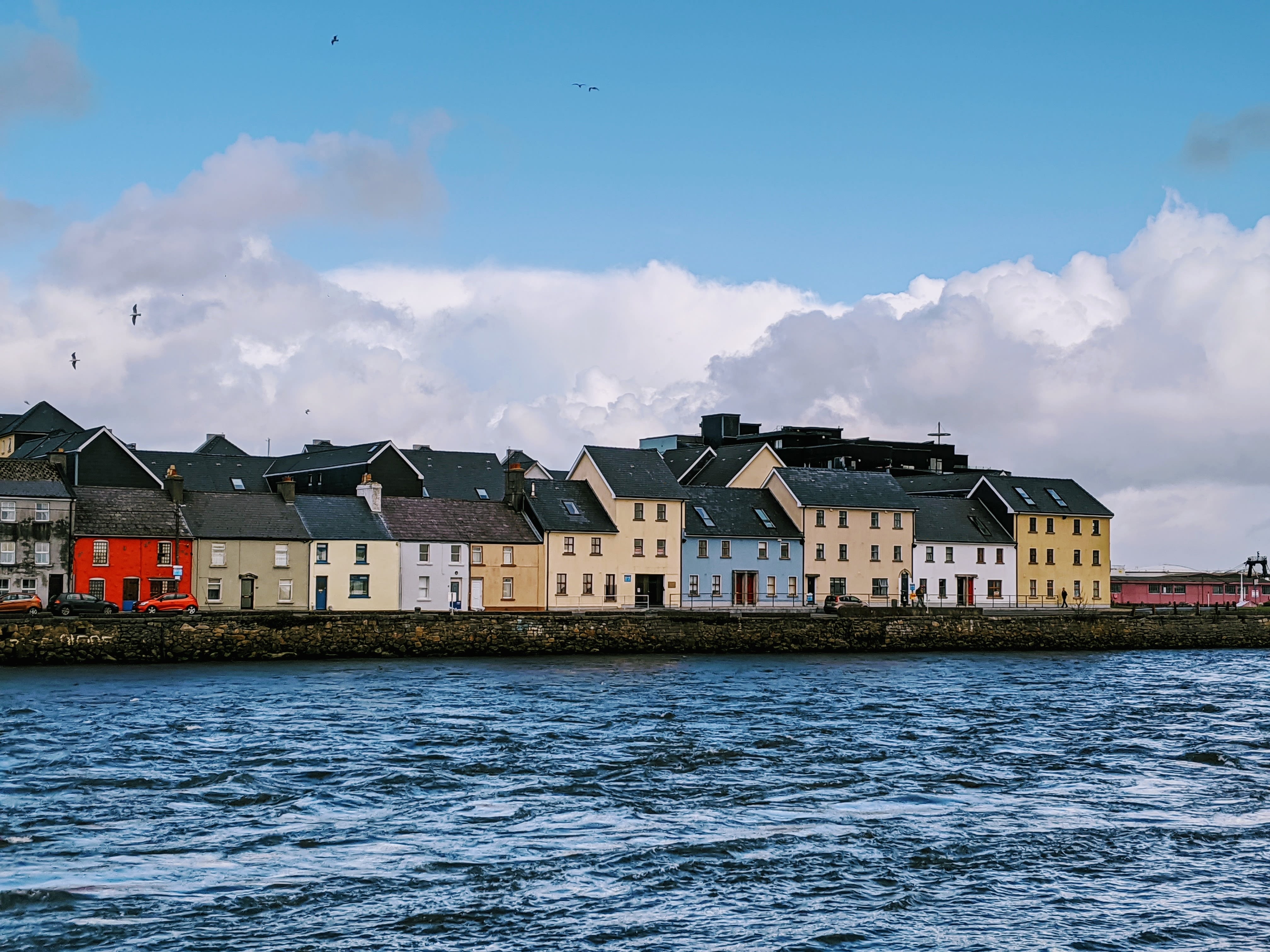
Sustainable Marketing re-examines marketing through the lens of sustainability. This book is designed to fill a need for upper-level undergraduate or first-year graduate student teaching materials which supplant traditional marketing principles. Familiar marketing topics including marketing strategy, communication, consumer behaviour, products and services, and marketing research are examined with the triple bottom line framework and make a business case for sustainability. While designed for use in higher education, this book provides useful insights and pathways towards sustainability for marketing and management professionals.
Focused on Targets: 4.7 Education for sustainable development and global citizenship; 8.1 Sustainable economic growth, 8.2 Diversify, innovate and upgrade for economic productivity, 8.4 Improve resource efficiency in consumption and production; 5.5 Ensure full participation in leadership and decision-making
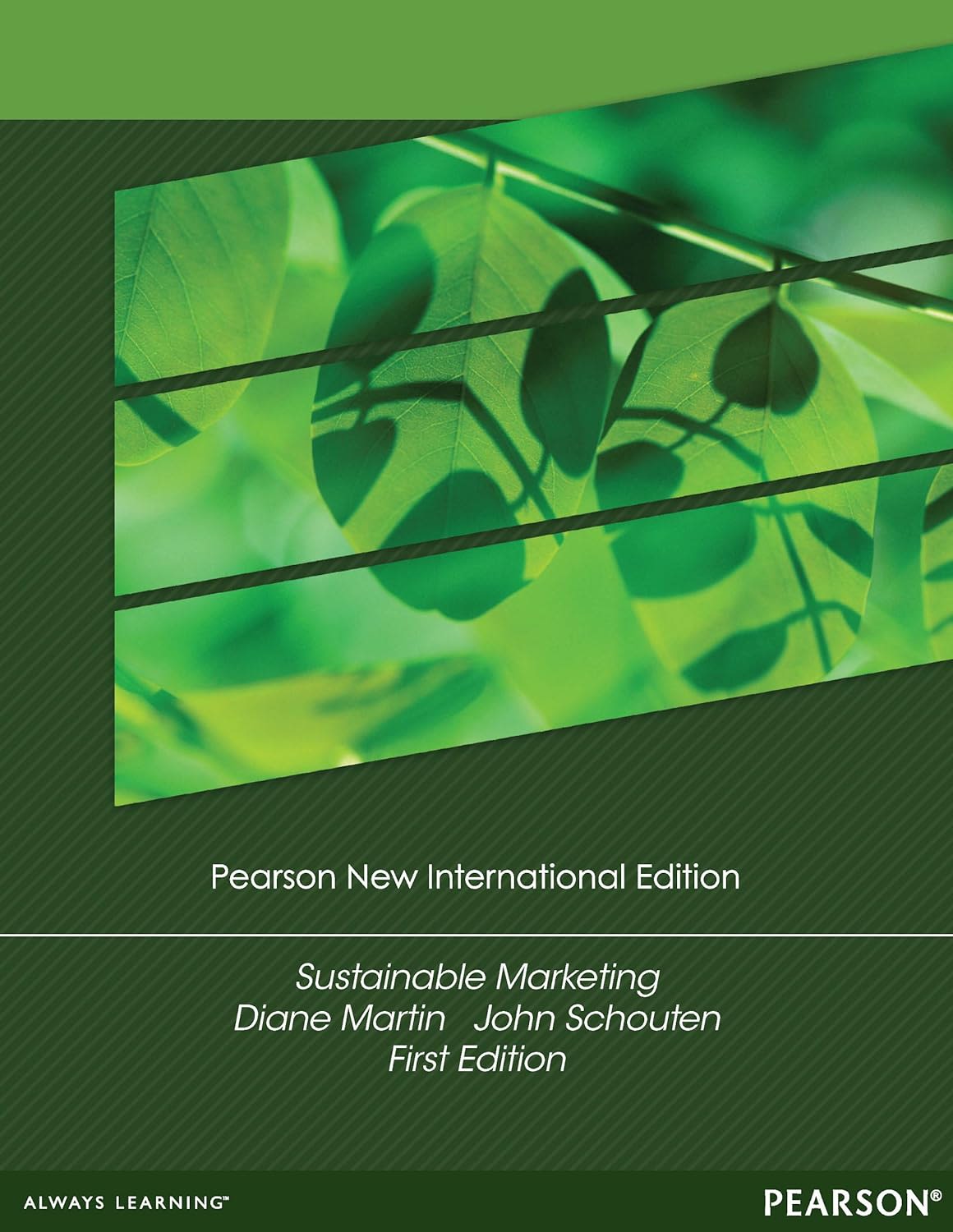
Engagement
Our proposed research included a plan to facilitate networks, i.e., on-site meetings with boat owners and local meetings with boat owners, boat organisations, antifouling service companies and competent authorities. These gatherings were instrumental in the re-design of our communication. Our initial plan to develop a website and online information was replaced with two books (see below), which were deemed by multiple stakeholders more useful than online options. Findings from each disciplinary research effort informed this content in the books.
Our two books, BONUS CHANGE Recommendations towards Regulations for Sustainable Antifouling Practices in the Baltic Sea and Changing Leisure Boat Antifouling Practices in the Baltic Sea: Results from the BONUS CHANGE project, were designed to make scientific results accessible and applicable to public policy makers and other stakeholders.
The consumer behaviour research in particular offered ways to create incentives for change in the form of identifying collective values and opportunities for boater education. The multidisciplinary outcomes of the Baltic Sea toxic paint project demonstrate how marketing is integral to consumer education and behaviour change.
Diane's consumer behaviour research has also included women in the Harley-Davidson’s Harley Owners Group.
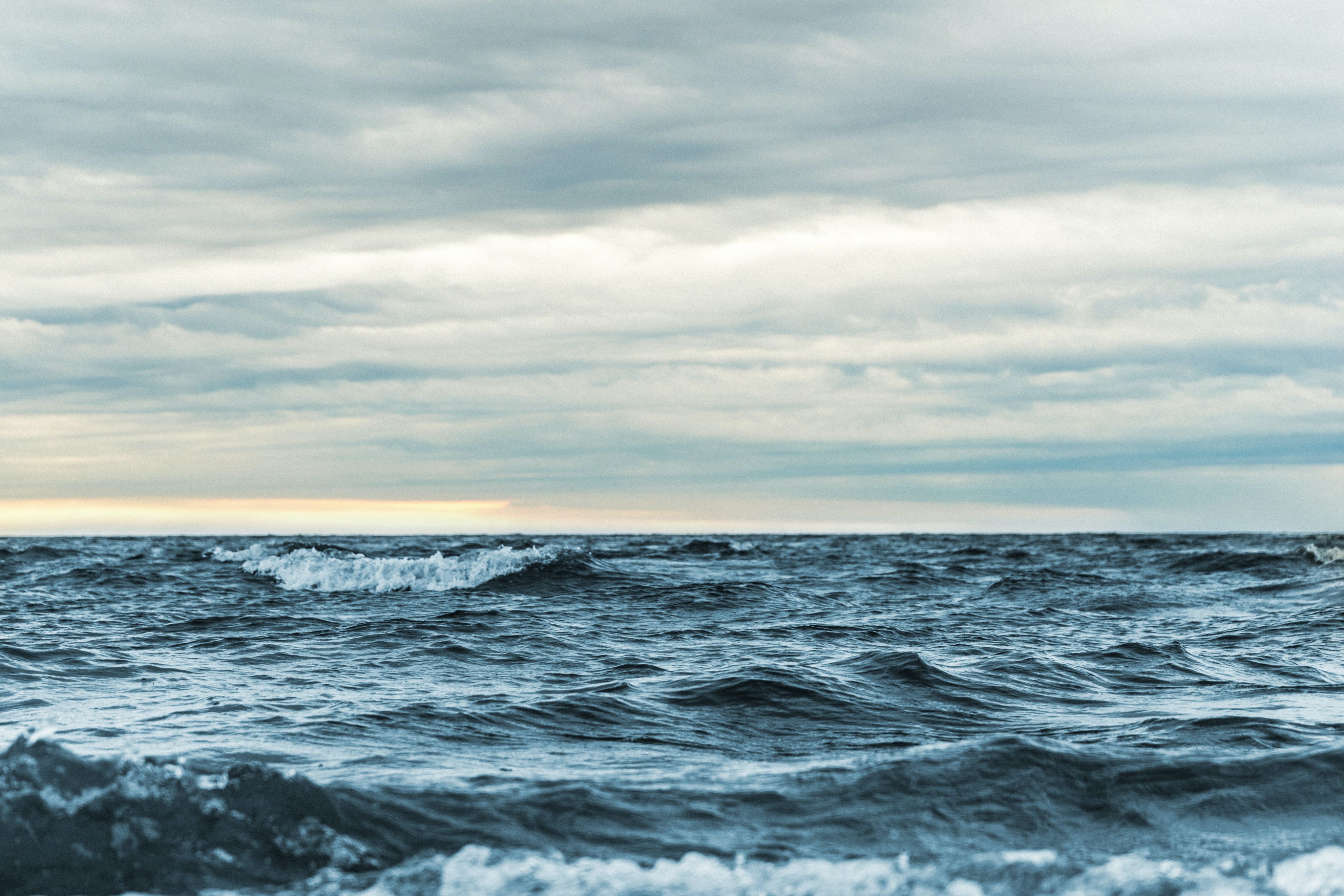
Direct impact SDG Targets
1.4 - Equal rights to ownership, basic services, technology and economic resources
1.A - Mobilize resources to implement policies to end poverty
2.3 - Double the productivity and incomes of small-scale food producers
2.4 - Sustainable food production and resilient agricultural practices
2.A - Invest in rural infrastructure, agricultural research, technology and gene banks
2.C - Ensure stable food commodity markets and timely access to information
4.4 - Increase the number of people with relevant skills for financial success
4.7 - Education for sustainable development and global citizenship
5.B - Promote empowerment of women through technology
6.5 - Implement integrated water resources management
6.6 - Protect and restore water-related ecosystems
8.1 - Sustainable economic growth
8.2 - Diversify, innovate and upgrade for economic productivity
9.A - Facilitate sustainable infrastructure development for developing countries
10.A - Special and differential treatment for developing countries
10.B - Encourage development assistance and investment in least developed countries
11.4 - Protect the world’s cultural and natural heritage
11.C - Support least developed countries in sustainable and resilient building
12.2 - Sustainable management and use of natural resources
12.4 - Responsible management of chemicals and waste
12.A - Support developing countries' scientific and technological capacity for sustainable consumption and production
14.1 - Reduce marine pollution
14.2 - Protect and restore ecosystems
14.5 - Conserve coastal and marine areas
14.A - Increase scientific knowledge, research and technology for ocean health
14.C - Implement and enforce international sea law
17.6 - Knowledge sharing and cooperation for access to science, technology and innovation
17.7 - Promote sustainable technologies to developing countries
17.8 - Strengthen the science, technology and innovation capacity for least developed countries
17.9 - Enhance SDG capacity in developing countries
Indirect SDG Targets
1.B - Create pro-poor and gender-sensitive policy frameworks
2.1 - Universal access to safe and nutritious food
3.5 - Prevent and treat substance abuse
3.A - Implement the WHO Framework Convention on tobacco control
5.1 - End discrimination against women and girls
5.5 - Ensure full participation in leadership and decision-making
6.3 - Improve water quality, wastewater treatment and safe reuse
6.B - Support local engagement in water and sanitation management
8.4 - Improve resource efficiency in consumption and production
8.9 - Promote beneficial and sustainable tourism
9.2 - Promote inclusive and sustainable industrialization
9.4 - Upgrade all industries and infrastructures for sustainability
10.3 - Ensure equal opportunities and end discrimination
12.B - Develop and implement tools to monitor sustainable tourism
13.2 - Integrate climate change measures into policies and planning
14.4 - Sustainable fishing
14.7 - Increase the economic benefits from sustainable use of marine resources
17.3 - Mobilize financial resources for developing countries
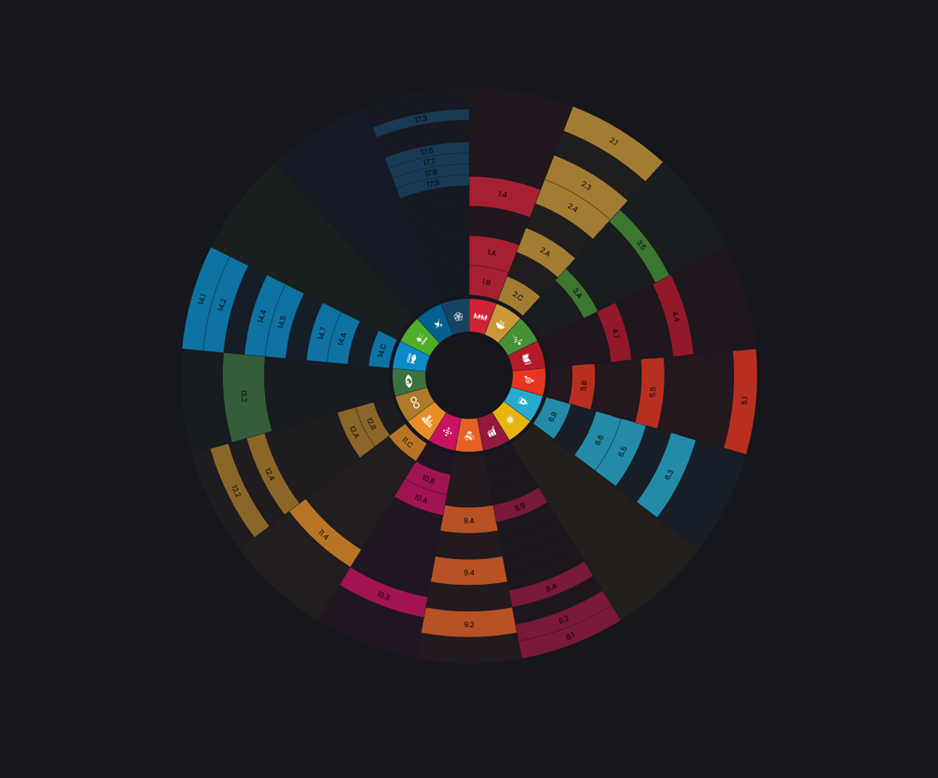
Diane is frequently an invited distinguished speaker at conferences, for example, her paper Imagining a More Inclusive Post-Pandemic World: The Role of Marketing and Public Policy Research, Marketing and Public Policy Conference, Austin, Texas.
Diane was Principal Investigator and Steering Committee member for BONUS.

Research

Featured Publications
|
References |
SDGs |
|---|---|
|
Aleti, T., Figueiredo, B., Martin, D. M. and 1 more (...) (2023). Digital Inclusion in Later Life: Older Adults’ Socialisation Processes in Learning and Using Technology. Australasian Marketing Journal. |
9 |
|
Fitchett, J. A., Lindberg, F., Martin, D. M. (2021). Accumulation by Symbolic Dispossession. Annals of Tourism Research, 86, 103072. |
8.9; 9.2 |
|
Viswanathan, M., Baskentli, S., Gallage, S. and 3 more (...) (2021). A Demonstration of Symbiotic Academic-Social Enterprise in Subsistence Marketplaces: Researching and Designing Customized Sustainability Literacy Education in Tanzania. Journal of Public Policy and Marketing, 40(2), 245-261. |
4; 12; 13; 15 |
|
Martin, D. M., Schouten, J. (2011). Sustainable Marketing. Pearson Prentice Hall. |
4.7; 8.1, 8.2, 8.4; 5.5 |
|
Snider, J., Hill, R. P., Martin, D. (2003). Corporate social responsibility in the 21st century: A view from the world's most successful firms. Journal of Business Ethics, 48, 175-187. |
4; 12.4 |
|
Lindberg, F., Fitchett, J., Martin, D. (2019). Investigating sustainable tourism heterogeneity: competing orders of worth among stakeholders of a Nordic destination. Journal of Sustainable Tourism, 27(8), 1277-1294. |
8; 12 |
|
Martin, D. M., Harju, A. A., Salminen, E. and 1 more (...) (2019). More Than One Way to Float Your Boat: Product Use and Sustainability Impacts. Journal of Macromarketing, 39(1), 71-87. |
12.4; 6.2; 14.2; 13.2; 15.3 |
|
Ferguson, S., Brace-Govan, J., Martin, D. M. (2020). Gender status bias and the marketplace. Journal of Business Research,107211-107221. |
5 |
|
Westberg, K., Stavros, C., Parker, L. and 5 more (...) (2022). Promoting healthy eating in the community sport setting: A scoping review. Health Promotion International, 37(1). |
3.d |
|
Martin, D. M., Ferguson, S., Hoek, J. and 1 more (...) (2021). Gender violence: Marketplace violence and symbolic violence in social movements. Journal of Marketing Management, 37(1-2), 68-83. |
5; 16 |
|
Sheahan, J., Hjorth, L., Figueiredo, B. and 4 more (...) (2023). Co-Creating ICT Risk Strategies with Older Australians: A Workshop Model. International Journal of Environmental Research and Public Health, 20(1). |
9 |
